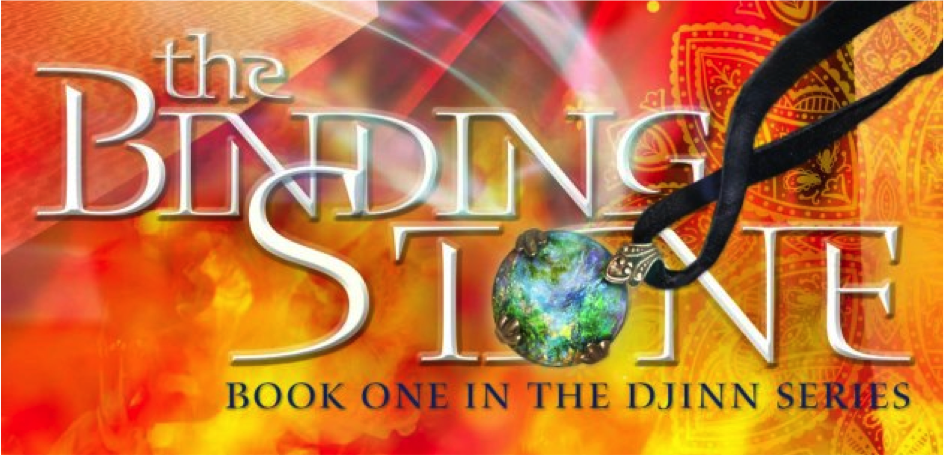Dean K Miller asked: How do you deal with, or feel about, the fears associated with writing a book, or other piece? Where do you go (internally or externally) to calm those demons? Or do you even have them?
Barbara Watson said: I love reading about writer's struggles. Not because I want writer's lives to be hard but because writing is.
Susan Kaye Quinn asked: 1) What's the scariest thing you've ever thought about writing (not paranormal scary, emotional scary)? Did you write it?
2) What's the one thing you want to write one day, but don't think you're ready to yet?
See here's the thing, we (writers) have so much in common. And one of those things, for better or worse, is overwhelming fear and doubt. I've blogged about it before, and that's fine. But what I'm going to do here is relate it to myself on a personal level for you. It's something I don't often do, but since you're curious, maybe it will help someone. Maybe it will give you encouragement. Maybe you'll see yourself in me, or say "Gee, other people go through this too."
What am I afraid of when I write a book? What do I struggle with? Lots of things. I've written *counts* 6 complete YA manuscripts. You'd think after the first it would get easier, right? I'd think, hey, my critique group likes my writing overall (i.e., they didn't toss me out of the group). I have an agent, and he likes it. But still. STILL there's that voice saying, what if this one is ridiculous? What if it sucks? What if my characters aren't believable? What if the plot doesn't make sense? What if I'VE GONE TOO FAR? (I'll get to that in a minute)
How do I deal with those demons? I remember that it doesn't change the fact that I HAVE TO WRITE. I won't be whole unless I am, and I know that about myself now. So even if I never publish another thing I will continue to write. So why wouldn't I try? Why wouldn't I put myself out there?
Now back to the "WHAT IF I'VE GONE TOO FAR?" thing. Susan asked what the emotionally scariest thing I've ever written is, and whether I even went there. Ahem. Actually YEAH I did. And I continue to do so.
I blogged about it a bit here. What was it about the writing that scared me? It wasn't just the tense shift, or the POV shifts (e.g., switching gender). It was the material. The dark and edgy subject matter. Torture. Sex. All important to the story and characters of course.
The result? There was no denying that letting myself go there opened me up to doing a better job. You can't hold back. You have to let yourself go there (wherever there is for you), because that's how you grow as a writer. WRITE WHAT SCARES YOU. It's the absolute best writer advice I've ever heard, and I continue to pass it on whenever I can.
Can you change things later? Hell yeah. But you may be surprised how little you actually do. Oh and since that time (no not since Halloween. Since I wrote that first scary MS), I've written THREE more manuscripts. Each one has (I believe) taken me forward by leaps and bounds in my writing. I force myself to go there. To take on the difficult issues and characters and do it anyway. And you know what? I'm kind of proud of myself for it. I've seen my writing grow. I'm not saying "I'm an amazing writer you guys," or anything like that. I just mean from where I started to where I am now, I've shown a healthy learning curve. And I know there's always room to improve. So I will keep on writing and stretching and trying. And I will embrace what scares me.
Susan's last question was what aren't I ready for yet that I hope to write one day. The answer is the perfect manuscript. It won't happen. It doesn't exist. But I'll keep striving toward that anyway.
Hope that answered your questions! If not, or if it opened up more, feel free to ask.












